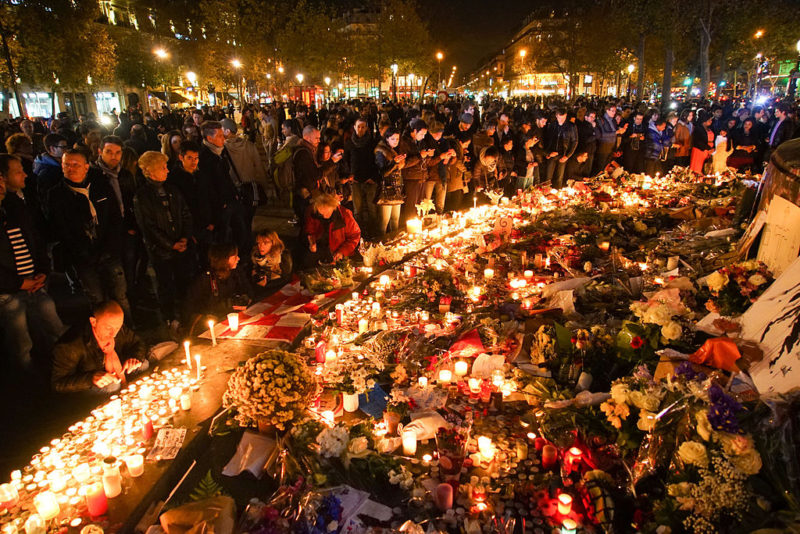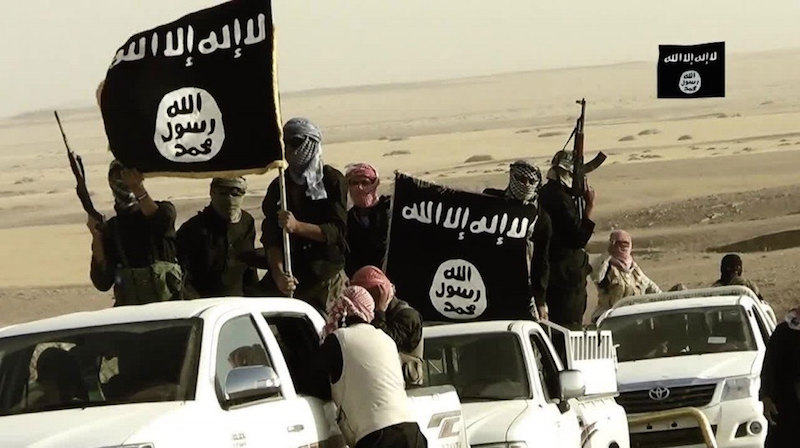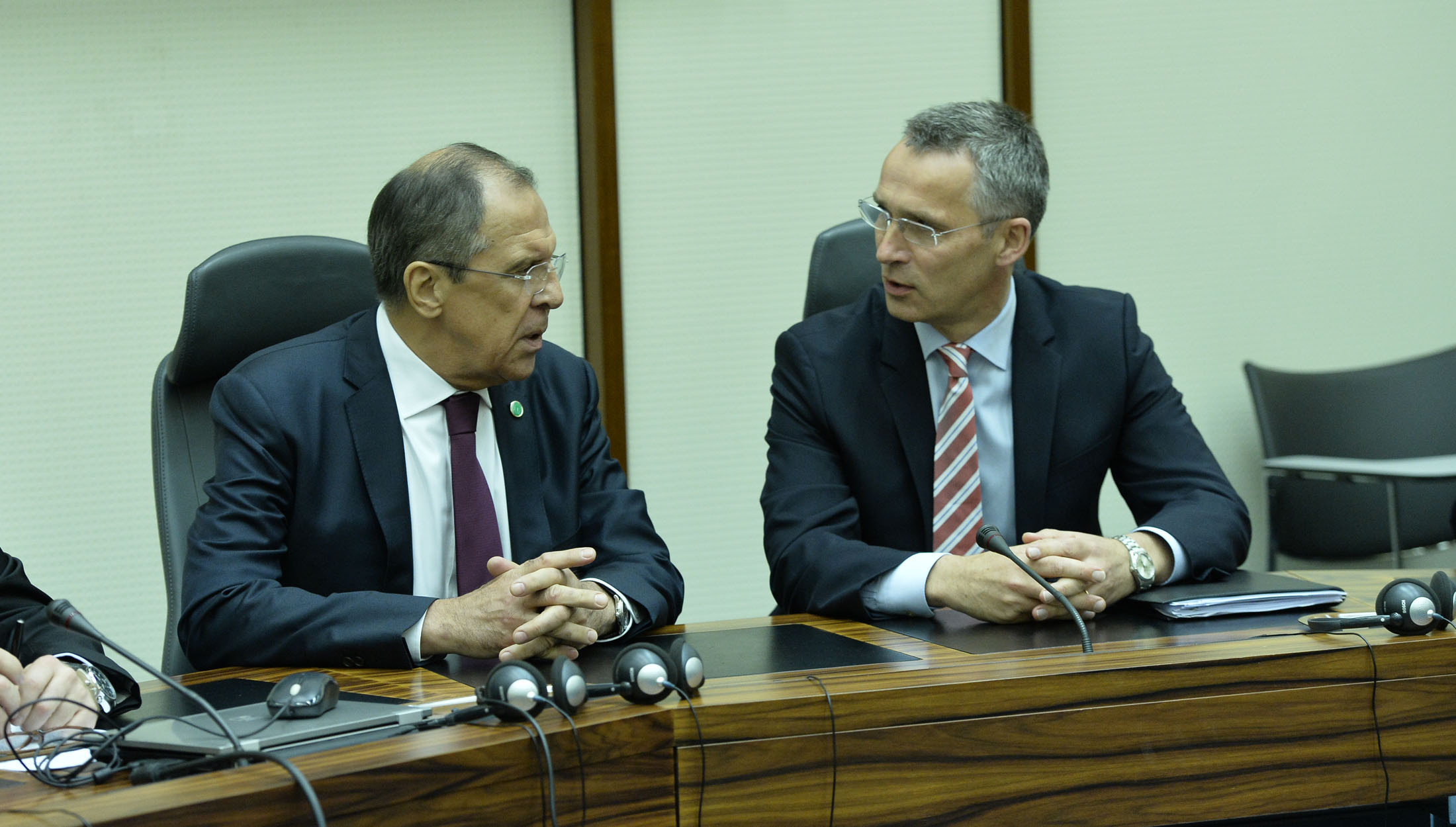Russia has made it a foreign policy objective to broaden the already widening political divide in Europe by systematically adding fuel to the fire. The current streak of terrorist attacks in Europe is triggering dissent within the EU, and Moscow is likely to use this to their advantage.
The European police agency, Europol, recently said it was expecting more attacks from the self-appointed caliphate in Iraq and the Levant. The recent attacks in Munich and Ansbach, for instance, seem to be confirming the trend. However, this by no means is proof of a resurging so-called Islamic State of Iraq and the Levant (ISIL). By most accounts, the self-appointed caliphate is facing serious setbacks in Iraq. Conservative estimates indicate the organization has lost between 30 to 40% of its territory in the last six months. According to Europol, ISIL seems to be shifting its attention to European targets, to “instill more fear in the general public.” This is a direct consequence of its losses on the battlefield. Even if the terrorist organization is resilient enough to endure the territorial losses, one thing it cannot go without is its invincibility myth.
ISIL relies on the steady flow of income to keep functioning at any level resembling a state. A huge part of that comes from the oil fields under their control in Northwestern Iraq, but a significant share of their income also stems from funding from an opaque network of sponsors distrusted along the United Arab Emirates, Saudi Arabia and Qatar. Thanks to heavy losses, ISIL is now pressing its new recruits to bring in hard cash. Since January 2016, the terrorist organization has had to slash salaries by half. During the last months, the coalition against ISIL has successfully targeted over 15 cash depots.
What’s in it for Russia?
For starters, the Russian government has been especially deceitful about its intentions on the Syrian battleground. Despite official claims to the contrary, less than 10% of its airstrikes targeted the organization, the majority of them were aimed at the US-backed “moderate” factions. Russian support has consolidated Assad’s position and made it a key player in the peace process. ISIL, as a figleaf, has so far helped Russia in becoming a necessary stakeholder in the Middle East.
If the current trend keeps up, and ISIL pushes the operational scheme abroad, this will give more sway to the various far-right movements across Europe that share a similar attitude towards tighter borders and increased security. Russian media aimed at the West, such as RT and Sputnik, are especially active on the immigration question, according to Bloomberg. Some news outlets went as far as fabricating stories to give their coverage a dramatic spin. A few days after the mass sexual assault attacks in Cologne on New Year’s Eve, Russia’s Channel One produced a story about a 13 year-old Russian girl from Berlin who had reportedly been kidnapped and held hostage for 30 hours and sexually assaulted by several attackers. The girl had later admitted to making up the story. The channel Russia 24 reportedly planted stories about fake violent protests in France over immigration issues.
In a recent article, scholar Scott Radnitz argued that even without Russia, the far right would still be growing in size. However, the sheer budget of the western-oriented Russian media outlets, as well as the immigration component of their spin, suggest more than a simple Europhobic coincidence.
In January 2016, Congress tasked James Clapper, Director of National Intelligence, with conducting a major investigation into Russian clandestine funding of far right European parties. Shortly after, The Sunday Telegraph, which was given partial access to the dossier, identified “Russian influence operations running in France, the Netherlands, Hungary, as well as Austria and the Czech Republic.” As proof of Russia’s success, more European leaders are publicly praising Russian President Vladimir Putin.
Implications
The geopolitical implications of ISIS’s terror campaign are the widening fissures of European policy. This directly benefits Russia, which views the Atlantic Alliance and the European Union as two sides of the same American-led strategy to strangle the country, or so the Kremlin’s narrative goes. Division in Europe, in whatever form, is highly welcomed. Over the last decade, exacerbating the frictions has become an increasingly important goal of Russia’s foreign policy.
What links the rise of far right movements and the horrific ISIL atrocities such as the Nice, Bataclan and Brussels attacks is growing European concern over the continuous stream of refugees flowing from war-torn countries. This is not only Syria now, but Afghanistan, Iraq, Kosovo and Albania, along with many other states in the Balkans.
This challenge adds a new layer of complexity to the current divide between EU supporters and Eurosceptics, which increasingly parallels left-right divisions. The European mass shootings also give Moscow an edge against Washington by feeding the campaign pledges of Presidential candidate Donald Trump, who is pushing to dismantle NATO, a possibility that would give Russia an unprecedented influence in Eastern Europe.
nbsp;
Photo: Dozens of mourning people captured during civil service in remembrance of November 2015 Paris attacks victims by Mstyslav Chernov via Wikimedia Commons. Licensed under CC BY-SA 4.0.
Disclaimer: Any views or opinions expressed in articles are solely those of the authors and do not necessarily represent the views of the NATO Association of Canada.




